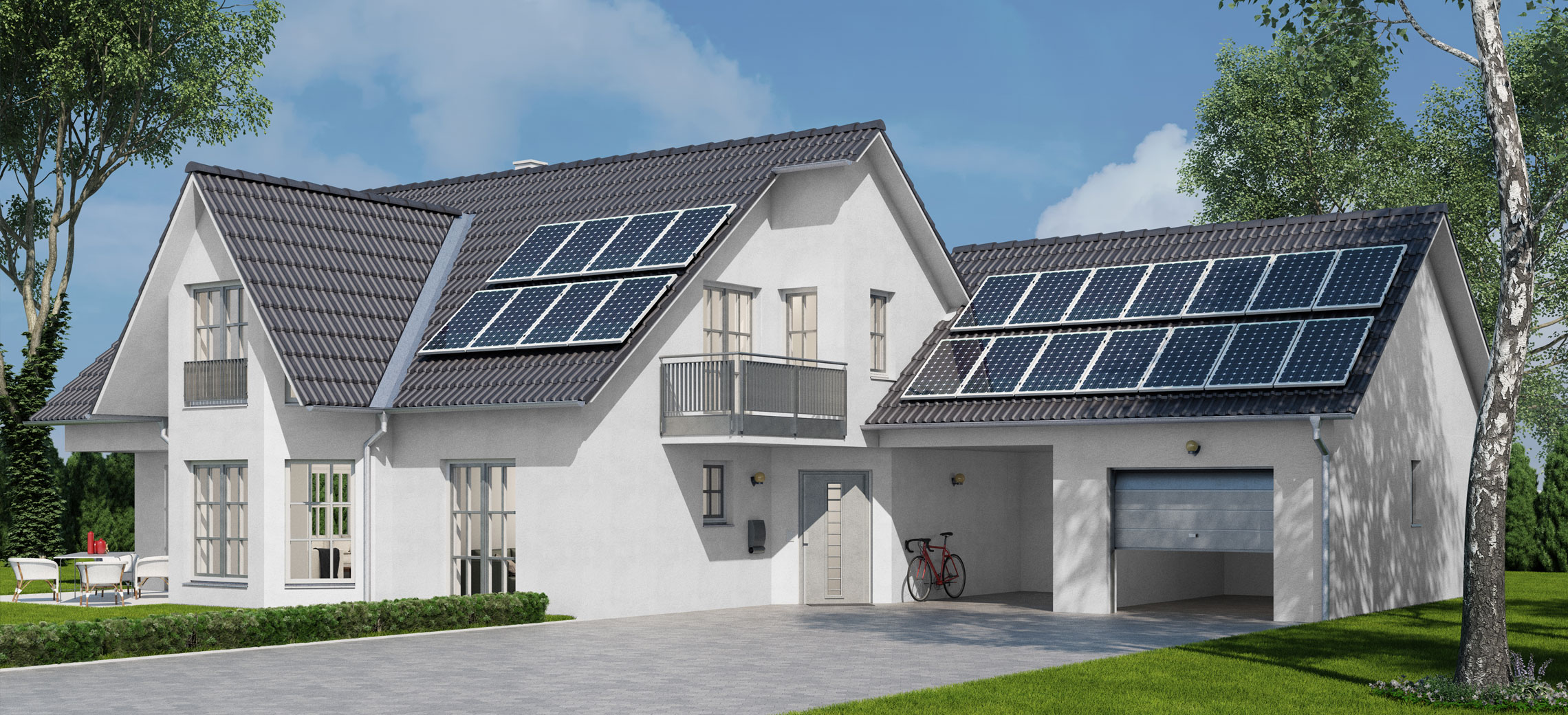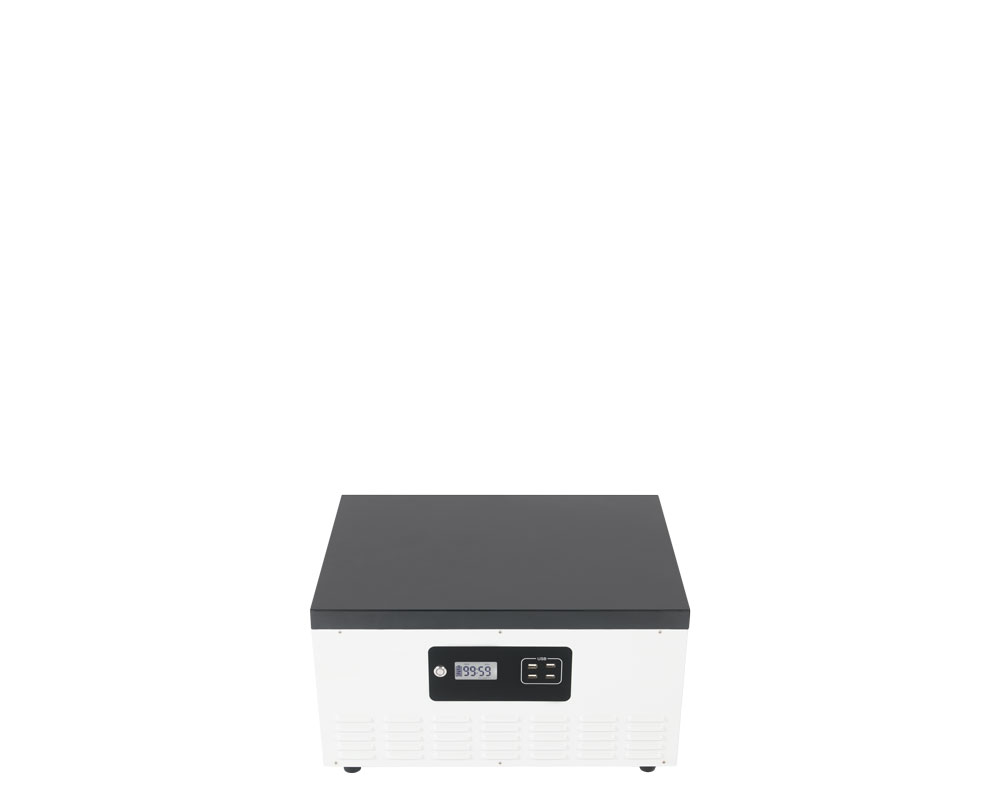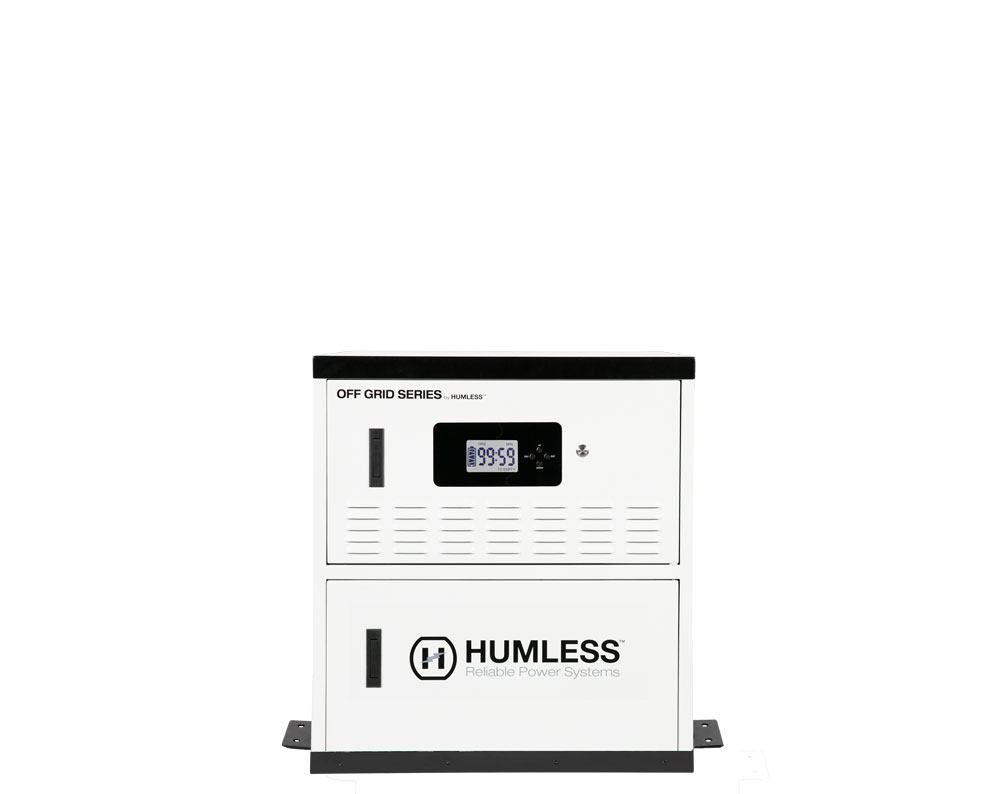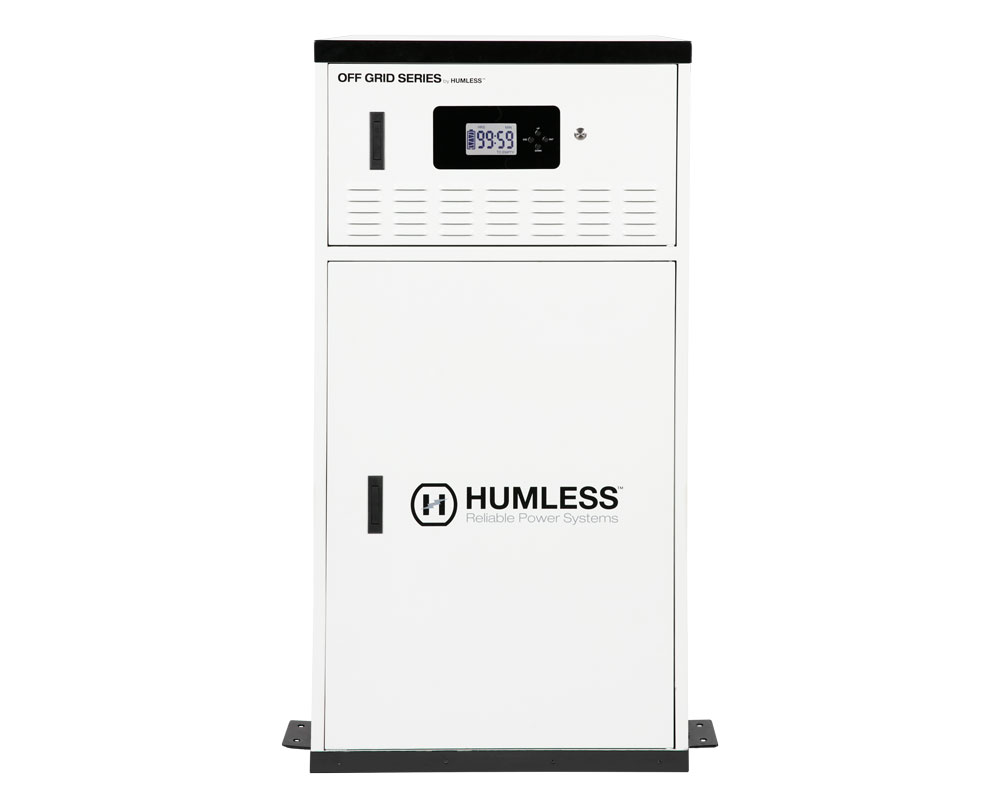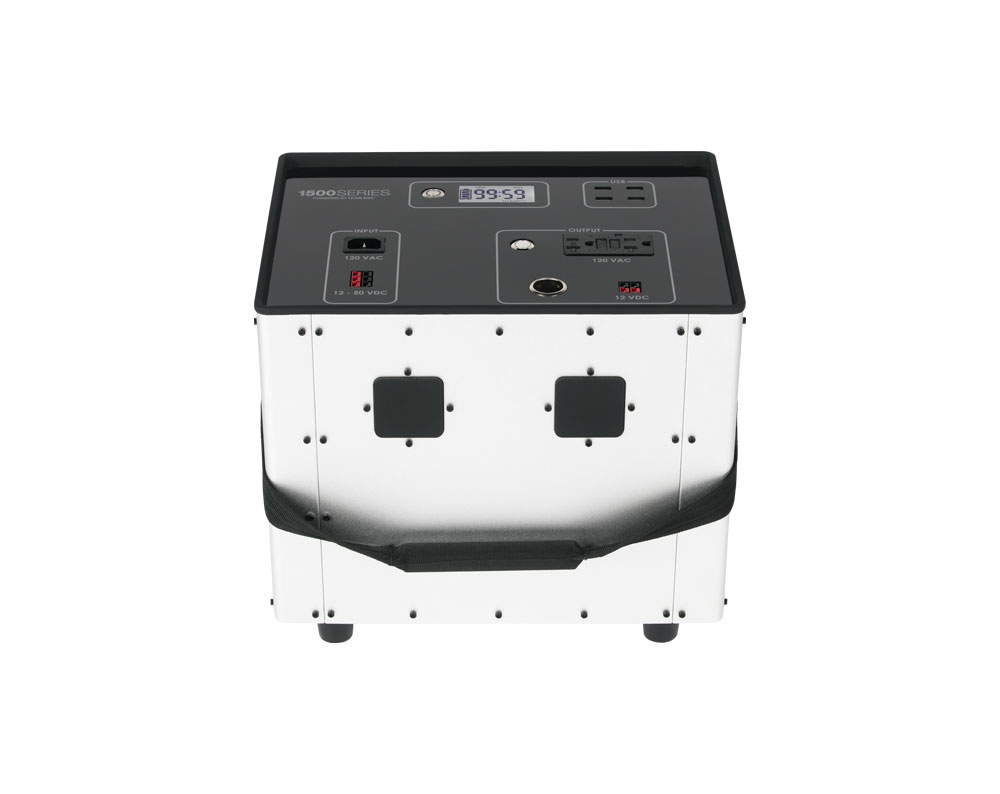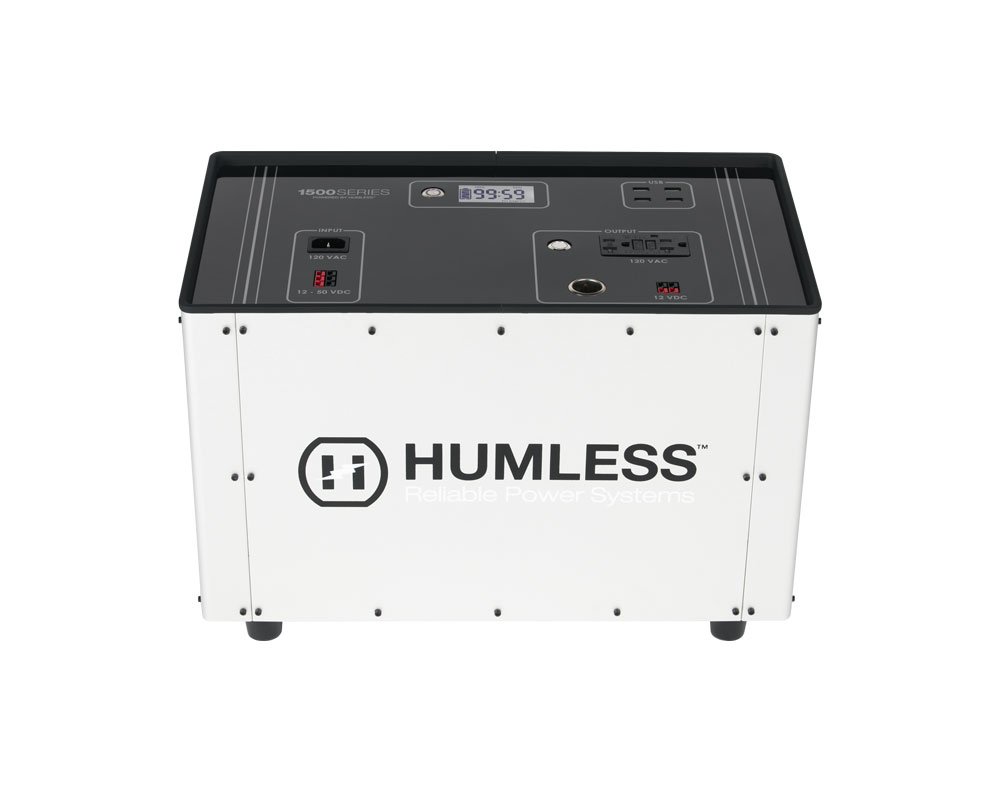Taking the plunge with a home solar kit is the first step to true energy independence
Taking the plunge with a home solar kit is the first step to true energy independence.
Whether you’re looking to supplement your grid usage with renewable energy or you’re seeking real, off-grid sustainability, solar home power solutions are truly the best path forward.
Let’s go through a few of the basics regarding your solar home power station, and look at why so many homeowners are going solar—and loving it.
How does a solar power home work?
Your typical solar home setup is fairly straightforward. As the sun’s rays hit your solar panels (directly or indirectly), your panel’s solar cells convert them into direct current electricity. From there, your energy goes to an inverter (or an all-in-one home battery backup unit) that converts the energy into alternating current.
From there, your home unit allows normal usage of all your existing household appliances. If you’d rather not waste your generated power, it makes sense to invest in a robust battery system to save your power for a rainy day.
What’s an ideal roof for solar panels?
To get the most out of your panels, they’ll need to face towards the rotation of the sun. In the northern hemisphere, south-facing panels generate the most energy throughout the day. If you lead a normal work schedule, it might make sense to orientate your panels slightly west to boost your energy output during the afternoon when you’re more likely to be home.
Roof tilt also plays a role in how much energy you can capture, with greater angles at higher latitudes. Homes in the continental US, for example, see ideal solar energy home power generation at angles of 26 to 45 degrees, from south to north.
For a quick estimate, take your home’s latitude and multiply it by 0.85. That’ll give you a good idea of your ideal tilt.
Is solar energy expensive?
That answer varies depending on your needs, the location of your home, and many other factors. But generally speaking, solar energy has never been more affordable.
Even though you might balk at the up-front investment, installing a solar energy system is exactly that—an investment. Over the years, your solar home generators will pay for themselves, to the point where you’ll wonder why you didn’t go solar sooner. You can expect your panels to pay themselves off after just 5-7 years.
Today, residents of some states are paying more than 20 cents per kilowatt hour, which leads to astronomical electricity bills. Click here to see where you state stands.
With the right setup, you could even go 100% off grid. And there’s really no better feeling than truly owning your energy.
And if that’s not incentive enough, installing solar likely means you’re eligible for a big tax credit. Check the Database of State Incentives for Renewables and Efficiency for information on your specific state’s programs.
Are solar panels ugly?
Actually, most solar panels are ugly. Many times, improperly installing panels (or installing the wrong panels) can tank your home’s value by as much as 3 or 4%.
Luckily, some companies have figured out that the savings brought by solar panels don’t mean much when those very panels are eating up a big portion of their customers’ home value. Humless’ home solar panels are sleek and low-profile—they do their job and don’t draw any unnecessary attention.
Exactly how it should be.
What happens to the energy I don’t use?
If you utilize a modern, efficient battery like Humless’ HOME series, you’ll be able to save all of the energy your panels generate that isn’t used right away. Our Lithium LiFe solar batteries for home increase the flexibility of your home solar power system by allowing you to store energy in times of plenty and use that excess energy when you need it most.
Installing solar generator for home without a battery unit is only taking a half measure, and you wind up wasting a ton of electricity. Lead acid and all types of lithium ion batteries slowly lose their charge over time, and lead acid batteries require regular maintenance to stay in top shape.
Lithium LiFe batteries live longer than traditional lithium ion cousins, letting you own your energy for even longer.
Are rechargeable solar batteries safe?
As the second half of the solar energy puzzle, choosing the right rechargeable battery is important. But not all batteries are created equal.
Originally, your only two choices were lead acid and lithium ion batteries. Lead acid is prone to leaking gas, and lithium ion batteries are the same kind responsible for those self-igniting phone recalls you’ve probably heard about.
The safest battery tech out there is Humless’ Lithium LiFe, which neither leaks toxic gas nor represents a fire hazard for your home.
Do solar batteries lose charge capacity over time?
Short answer—yes. All batteries eventually lose their charge capacity. Lead acid batteries even suffer from “charge memory” where incomplete discharge/charge cycles can decrease the overall charge capacity of your battery.
Modern Lithium LiFe batteries reduce the effect of charge memory, increasing their lifespan far beyond what you get from a traditional battery. Plus, they always recharge to 100%.
How long do home solar batteries last?
While most standard batteries used in home energy products last anywhere from 3-6 years, Humless’ superior LiFe batteries keep going strong for roughly ten years.
The less frequently you need to replace your batteries, the more savings you’ll see from your solar panels.
How many solar panels do I need?
This is highly subjective and depends on your personal energy needs, as well as how many watts your solar panels offer.
By figuring out how many watt-hours of energy you use (by examining your appliances and light fixtures and estimating how often you use them, or taking a look at your utility bill), you’ll be able to decide how many panels you actually need. Most appliances come with an attached energy rating sticker to help you out.
As it turns out, not everyone needs to completely cover their roof to keep their home powered around the clock. Solar generator for homes have come a long way, and nowadays are much more efficient.
How long do home solar panels last?
Most manufacturers offer warranties on their panels for decades, and with proper care you can expect your panels to produce power for 60 years.
Of course, the better quality panels tend to last longer and generate electricity more efficiently, which is why it’s so important to avoid jumping at the cheapest panels without making an informed decision.
Do all solar generators create the same amount of power?
No, they don’t. For example, Humless’ solar panels are made with monocrystalline German-engineered solar cells, which have a significantly higher power output per square foot than other types of panels.
What are the advantages of solar energy over other sustainable energy sources?
To be brief, solar offers a few tantalizing benefits over other clean energy sources. Solar is silent, has no moving parts, and typically has a longer warranty.
What is the best home solar setup?
The best (and simplest) setup for home solar energy is a system using Humless Solar HOME panels and one of our HOME series of rechargeable batteries.
This setup will let you store energy more efficiently and keep more of that energy than other systems using advanced solar cells and storage. With a solar home by Humless, you’ll be able to use your lights and appliances just like you would if you were drawing home electric from the grid.
For clean, renewable living off the grid, there’s no better option for homeowners than Humless.
HOME Power series
Complete home battery systems for true off-grid energy storage, powered by LithiumLiFe
GO Power series
Portable power storage for anyone on-the-go, powered by LithiumLiFe
Solar series
Produce your own clean energy at home or on-the-go.
